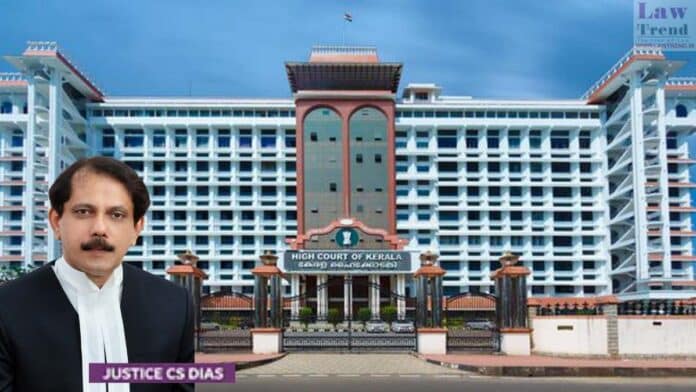In a significant judgment, the Kerala High Court clarified that wills executed by Indian Christians and Muhammadans do not require probate under the amended provisions of the Indian Succession Act (Kerala Amendment). Justice C.S. Dias, delivering the verdict in W.P.(C) No. 37711 of 2024, directed banks to honor such wills without insisting on probate, provided
To Read More Please Subscribe to VIP Membership for Unlimited Access to All the Articles, Download Available Copies of Judgments/Order, Acess to Central/State Bare Acts, Advertisement Free Content, Access to More than 4000 Legal Drafts( Readymade Editable Formats of Suits, Petitions, Writs, Legal Notices, Divorce Petitions, 138 Notices, Bail Applications etc.) in Hindi and English.




